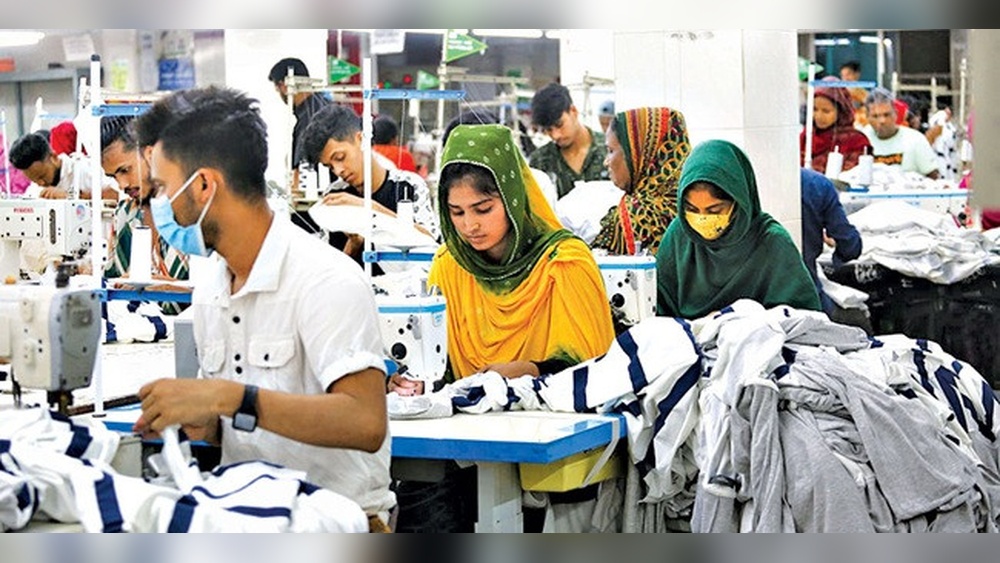Imagine a world where trucks drive themselves, making deliveries without a driver behind the wheel. This is not science fiction; it’s the reality of automation in the trucking industry.
But what does this mean for you and the labor market? You’re probably wondering if jobs are at risk or if new opportunities will emerge. Automation is reshaping how we perceive truck driving and the skills required for future roles.
You might feel a mix of curiosity and concern, which is natural. Dive into this article to discover the impact of automation on trucking jobs and how it could affect your career or business. You’ll find insights that will help you navigate this evolving landscape and prepare for what’s ahead.

Credit: nap.nationalacademies.org
Technological Advances In Trucking
Autonomous trucks are now a reality. These trucks drive without a human. They use cameras and sensors to navigate roads. Safety is a big focus for these trucks. They can reduce accidents and save lives. Many companies are testing them now. They aim to make deliveries faster. This means fewer jobs for truck drivers. But it also creates new jobs. People need to fix and maintain these trucks. The trucking industry is changing fast.
Artificial Intelligence (AI) is key in trucking today. AI helps trucks learn routes. It can predict the best paths to take. This saves time and fuel. AI can also spot truck problems early. This makes trucks safer and more efficient. AI is also used in logistics. It helps plan and organize deliveries. This means fewer errors and happier customers. AI is important for the future of trucking.
:max_bytes(150000):strip_icc()/labor-market.asp-Final-c593fc9236894756adf8d4e422489269.png)
Credit: www.investopedia.com
Shifts In Workforce Demand
Traditional driving jobs are decreasing. Automation is taking over many tasks. Self-driving trucks are now a reality. Fewer drivers are needed on the road. This means less work for human drivers. Companies save money with automated trucks.
Fewer people are becoming drivers. Many are worried about job security. Automation changes how the industry works. New skills are needed now.
Tech-related jobs in trucking are growing fast. People need skills for new technologies. Software skills are in high demand. Workers can fix and manage automated systems.
New roles are about innovation and maintenance. Learning about AI and data is important. These skills can help people get new jobs. The future is bright for those with tech skills.
Economic Implications
Automation helps companies save money. Machines work faster and don’t need breaks. This means more work gets done in less time. Companies can spend less on wages. Machines don’t need salaries or benefits. This makes businesses run cheaper.
Lower costs can mean cheaper products for buyers. But it can also mean fewer jobs for people. As machines take over, some workers might lose their jobs.
Automation can affect truck drivers’ pay. With fewer drivers needed, jobs become scarce. Fewer jobs can lead to lower wages. Drivers may earn less money as a result.
Some drivers might need to learn new skills. Learning helps them find new work. New skills can lead to better job chances. But change can be hard for many.
Safety And Regulatory Challenges
Automation reshapes the trucking labor market by introducing safety and regulatory challenges. Machines improve efficiency but require strict oversight to ensure safe operations. New rules must adapt to technological advancements while protecting workers’ rights.
Ensuring Road Safety
Automation in trucking aims to enhance road safety. Machines can reduce human mistakes. Trucks with sensors see obstacles faster. They stop in time to avoid accidents. Training drivers to use new tech is crucial. They must understand all features. Safety checks are needed regularly. This prevents malfunction issues. Communities feel safer with these measures.
Navigating Legal Frameworks
Legal rules for automated trucks are important. Laws protect everyone on roads. Companies must follow these regulations. Trucks need special permits. They must pass inspections to operate. Government agencies set these rules. They update them as tech changes. Understanding the legal framework is key for safe roads.
Impact On Trucking Industry Structure
Automation is changing how trucking companies operate. Companies are merging to save money. Big companies buy smaller ones. This creates fewer but larger companies. Costs are lower for these big companies. They can use new technology faster. Smaller companies find it hard to keep up. Jobs may be lost as companies merge. Workers need new skills to stay employed.
Automation brings new ideas to trucking. Companies try different ways to work. Some use apps to find drivers quickly. Others focus on special deliveries. New models help small companies grow. They can find niche markets to serve. These models need technology skills. Workers must learn and adapt. New models mean new jobs, but also new challenges.
Social And Community Effects
Automation brings big changes to rural jobs. Many people in these areas rely on trucking. With more machines, fewer drivers are needed. This means less work for people in these towns. Some might need to move to find new jobs. Families may face hard choices. Staying in their hometown or leaving for work? These changes can be tough.
Driver communities are like big families. They share stories and help each other. Automation can break these bonds. With fewer drivers, these communities might shrink. Some drivers might lose touch with their friends. This can make people feel lonely. They might miss the fun and support they had before. Change is hard for everyone.
Future Trends In Trucking Labor
Automation will change trucking jobs. Self-driving trucks might soon hit the road. This technology can make trucking safer. Jobs will change, not disappear. Workers need new skills. Understanding technology becomes key. Remote monitoring will grow. Digital tools help track deliveries. Efficiency increases, but human touch remains vital.
Learning new skills is crucial. Training programs can help. Online courses are available. Communication skills are important. Workers should engage in continuous learning. Staying flexible is key. Networking with peers helps. Collaboration will be necessary. Embracing change ensures success. Being open to new roles is wise. Workers must stay informed.

Credit: onlinedegrees.sandiego.edu
Frequently Asked Questions
What Is The Impact Of Automation On The Labor Market?
Automation reshapes the labor market by increasing efficiency and productivity. It can lead to job displacement in routine tasks. However, it also creates new opportunities in technology-driven sectors. Workers may need to adapt by acquiring new skills. Balancing automation and employment is crucial for economic stability.
How Has Automation Affected Truck Drivers?
Automation has reduced demand for traditional truck driving jobs. It has led to increased efficiency and safety in the industry. Truck drivers now face the need for new skills in technology and logistics. Some see it as a threat, while others view it as an opportunity for advancement.
How Will Ai Affect The Trucking Industry?
AI will streamline logistics, optimize routes, and enhance safety in trucking. It reduces fuel costs and improves efficiency. Autonomous trucks may eventually reshape the workforce. Real-time data analytics enable better decision-making and maintenance scheduling. AI integration enhances productivity and supports sustainability efforts in the trucking industry.
Will Automation Reduce Trucking Jobs?
Automation may reduce some trucking jobs, but it can create new opportunities in tech and logistics. Drivers might shift to roles managing automated fleets. Job impacts depend on technological advancements and industry adaptation. Embracing automation can enhance efficiency, safety, and productivity in the trucking industry.
Conclusion
Automation is changing trucking jobs today. Some roles may vanish. Others transform. Truck drivers need new skills now. Learning technology is key. Embrace change to stay relevant. Automation offers benefits too. Efficiency increases. Safety improves. Costs decrease. Workers find different opportunities.
Adaptation is essential. The trucking industry evolves. Future jobs will differ. The labor market shifts. Stay informed. Keep learning. Change can be good. Understand automation’s impact. Prepare for what comes next. Trucking workers must adapt. Skills matter more than ever.
Embrace the future of trucking.


